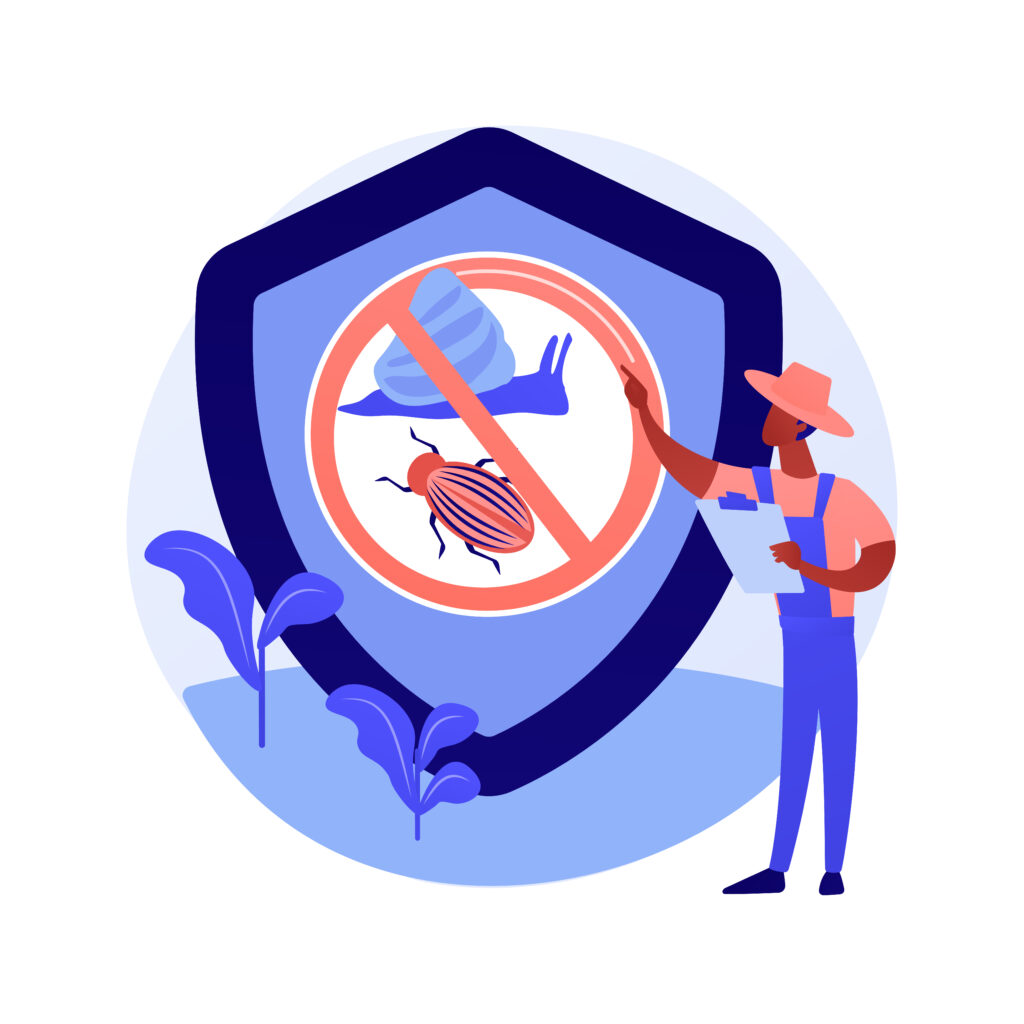#WorldFoodDay
Once again, the time has come to celebrate food, nourishment, and everything that surrounds this fundamental human right.
Every year, on October 16th, the world comes together to celebrate and raise awareness of an essential aspect that affects all of us every single day: food. Food is not just what we eat; it represents the people, our environments, and the planet we all share. This day is marked by events around the world, engaging all actors in the system-governments, businesses, civil society, researchers, and every one of us who needs to eat every day. The Food and Agriculture Organization of the United Nations (FAO) uses this occasion to remind us of something as vital as the right to food.
The Universal Declaration of Human Rights, adopted by the United Nations General Assembly in 1948, recognizes the right to food, as well as the rights to life, liberty, work, and education. Every single person on this planet should have access to enough food that is nutritious, affordable, safe and sustainable.
This year also marks the 20th anniversary of the Right to Food Guidelines, which outlined how to achieve this goal through appropiate strategies, programmes, policies and legislation.
#WorlFoodDay is one of the most celebrated days on the United Nations (UN) calendar; this occasion aims to raise awareness about the need to unite the efforts of all actors within food systems to achieve the right to food, ensuring a better life and future for all.
Despite this, much remains to be done to ensure consistent results across the globe. Conflicts and violence are major drivers of hunger. It is deeply concerning that hunger persists, even though we produce enough food to feed more people than the current global population.

Agricultural productivity declines, pest outbreaks, and soil degradation cuased by the effects of climate change; food waste, resource overexploitation, food insecurity, and imbalances in food availability leading to extreme hunger or, conversely, widespread overweight and obesity-these are unresolved challenges that continue to destabilize the right to food.
It seems logical and straightforward that everyone should have access to food and a healthy diet. Yet, unhealthy diets remain the leading cause of all forms of malnutrition (undernutrition, micronutrient deficiencies, and obesity), affecting 2.8 billion people worldwide, regardless of social class.
Food systems are key to transforming the way we eat into healthier, more sustainable, and safer practices, while at the same time being severely affected by crises linked to conflicts, climate change, pollution, and biodiversity loss. A stronger global commitment to the right to adequate food is essential through the transformation of food systems into more sustainable, resilient, and equitable systems.
“It is crucial to highlight the importance of food and the need to make concerted efforts to ensure that every person on the planet has access to a diverse range of nutritious, affordable and safe foods, all produced in a sustainable way.
This celebration serves as both a recognition of this right and a call to action to transform our food systems to meet current needs and protects future generations.
It is a day to celebrate the richness of diversity, the importance of all that surrounds food, and a call to action to work together, engaging al actors in the chain (governments, civil society, researchers, businesses) to promote the necessary transformation of food systems and ensure access to healthy diets for all.
At CARTIF, as a Technology Center, our missions is to generate solutions for the transformation of food systems to increase their sustainability, resilience, safety, and fairness. We apply our knowledge and technologies to drive innovation that enhances the availability of nutrtitionally rich foods, fosters food security, and makes full use of natural resources within a frameworl of sustainable food production. This is our commitment to building a sustainable future for food.
- #WorldFoodDay; How can I help? - 16 October 2025
- A better life and a better future; right to foods - 16 October 2024
- Food reformulation; a step forward, that it is possible - 21 May 2024
